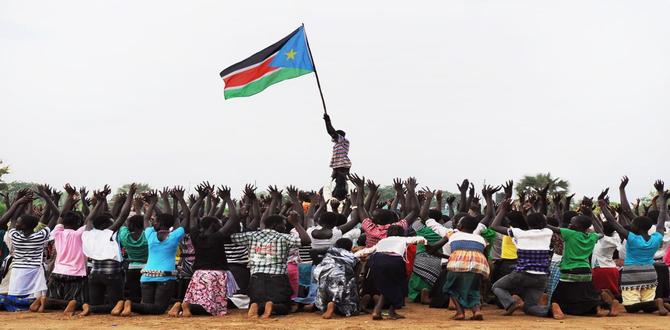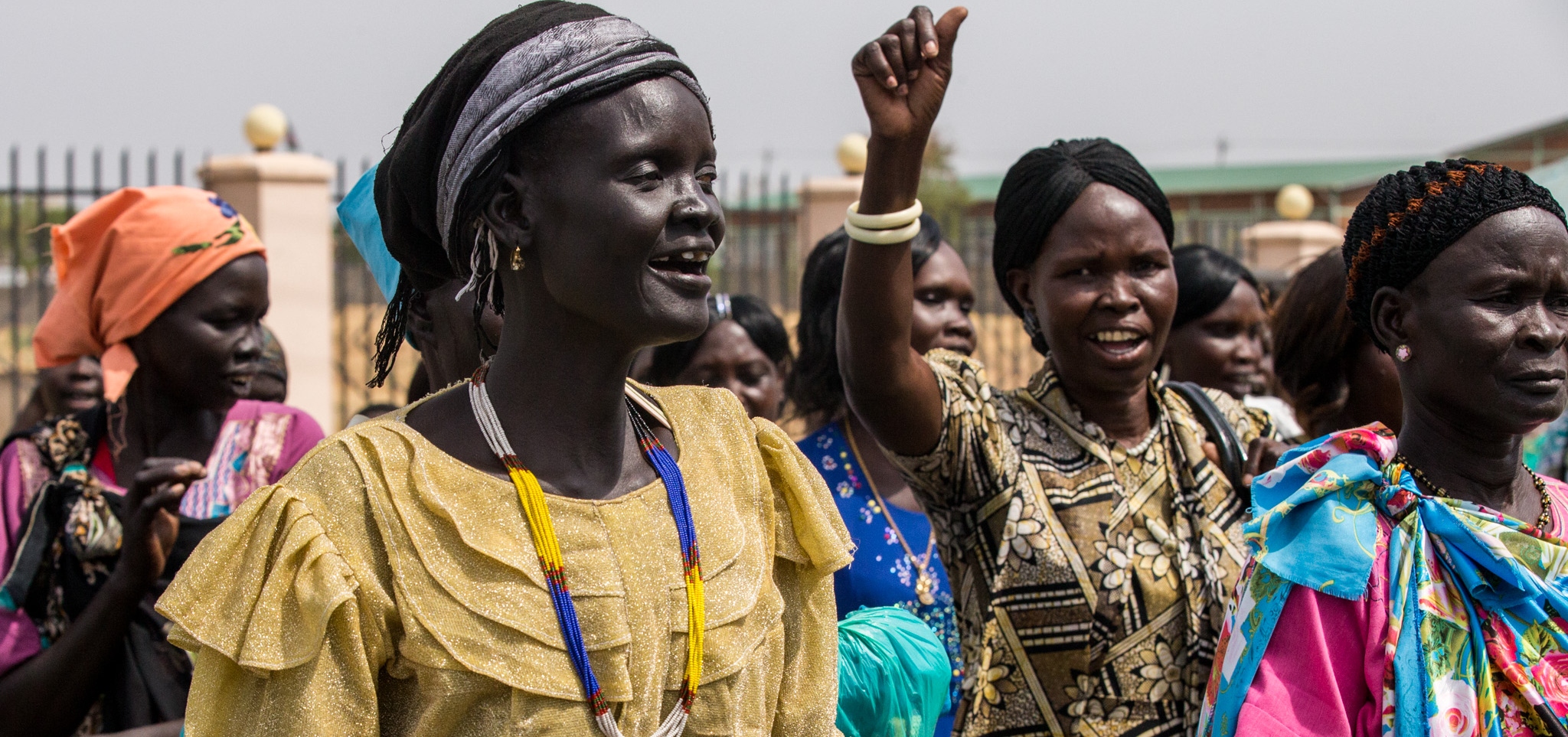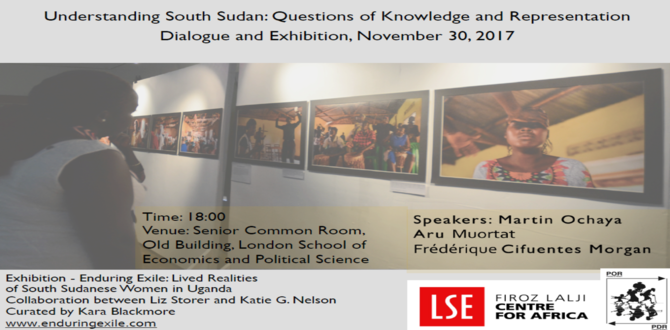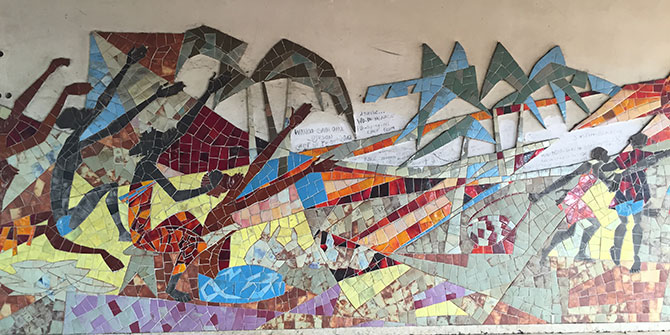Kara Blackmore explores some of the urgent questions of knowledge and its consequences in the South Sudanese context.
This article is part of our Politics of Return series, an AHRC/ESRC PaCCs-funded project which explores the dynamics of return and reintegration of refugees in Central and Eastern Africa. Follow all updates on the project on Twitter and Instagram through the hashtag #LSEreturn.
Since 2013, when post-independence war broke out in South Sudan, many South Sudanese citizens have been forced to flee over the border into Uganda. As reconciliation and peace at home remain illusive, the migration for safe haven in Uganda continues daily as people flee in search of stability. On the 26 May 2017 at the Uganda Museum, more than 100 people from the South Sudanese diaspora came to debate a reality of living beyond the statistics. It was a profound affirmation that dialogue in safe spaces is necessary for those impacted by what is an increasingly polarized and ethnicized discourse. The performances and exhibition of that day diffused tensions and brought an aesthetic experience that we aim to carry forward for our Understanding South Sudan: Questions of Knowledge and Representation event in London.
Speakers and academics based in the UK will be brought together with policy makers and representatives of the All–Party Parliamentary Group for Sudan and South Sudan, to engage the urgent questions of knowledge and its consequences. Key speakers are Martin Ochaya, a pastor, researcher and political analyst; Frédérique Cifuentes Morgan, a filmmaker and cultural producer and Aru Muortat, an economist and heir to a legacy of political resistance leadership.
In discussions between researchers at the LSE and Oxford agreed that the crisis imaginary – whereby those South Sudanese have been represented as helplessness victims, greedy elite, and agents of genocide – can have detrimental impacts on those who are displaced. One way in which this happens is through the conflict entrepreneurs who have rushed to research the phenomena, many of whom have never engaged with the context. Thus, we are provoked to critique the insider-outsider dynamic and its consequences. What are the impacts of domestic and international researchers investigating ongoing conflict? Are research institutions the UK providing the ethical and methodological guidance necessary for those wishing to research the South Sudan post-independence civil war? Who are the key researchers already working on these issues and can they offer a set of best practices to follow? To answer these questions, a closed workshop will take place in the run-up to the exhibition and public dialogue.
The exhibition and panel discussion will then take these concerns to the public and expand the space for dialogue. The audience is therefore invited to participate along with the speakers in asking:
Who are the authorities of knowledge that address the concerns of everyday South Sudanese?
How do we make sense of the lived realities of displacement and return over long periods of conflict?
Can arts and heritage offer inroads to understanding such crises when discourse is dominated by security and high-level politics?
The photography exhibition was created from a project undertaken by Liz Storer and Katie G Nelson to illustrate the lived realities of South Sudanese women living in exile. In Arua, South Sudanese citizens live beyond the gaze of international humanitarian intervention. Fearing authorities, most also avoid interacting with the Ugandan State. Displacement creates social isolation whereby the familiarity of church settings and recognizable denominations are sometimes the only outlets offering support and community. Through the portraits of everyday portraits of South Sudanese women, a visual narrative emerges that challenges commonplace, repetitive representations of refugees as “victims”. Though their lives may be on the margins, we work to show that those in exile have carved out communities and live their lives with purpose. Their relationship to Uganda, each other, and the church reveals a network for withstanding the conditions of displacement. The text narrates from their perspectives, what life is like in the West Nile and how spiritual homes build places of solidarity in the midst of loneliness.
We hope that you will join us to continue the dialogue. Please register here, as spaces are limited.
Kara Blackmore is an anthropologist, curator and writer who works at the intersections of art, heritage and reconciliation in the aftermath of conflict. She is currently undertaking a PhD at the LSE focusing on the relationships between memorialisation and transitional justice in Uganda. As part of the Politics of Return project, she curated Enduring Exile: Lived Realities of South Sudanese Women in Uganda (Uganda Museum, Kampala, May-June 2017).
Find out more about the Politics of Return research project.
The views expressed in this post are those of the author and in no way reflect those of the Africa at LSE blog, the Firoz Lalji Centre for Africa or the London School of Economics and Political Science.






